Heterocampa
Heterocampa
Classification
- Phylum: Arthropoda
- Subphylum: Hexapoda
- Class: Insecta
- Order: Lepidoptera
- Superfamily: Noctuoidea
- Family: Notodontidae
- Subfamily: Heterocampinae
- Genus: Heterocampa
Pronunciation
How to pronounce Heterocampa: //ˌhɛt.ə.roʊˈkæm.pə//
These audio files are automatically generated. While they are not always 100% accurate, they are a good starting point.
Images
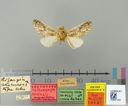
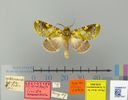
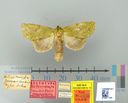
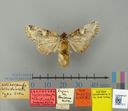
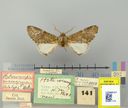
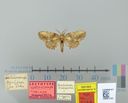
Summary
Heterocampa is a genus of prominent moths with about 18 described species, known for their striking wing patterns and found mainly in the Americas. They are an integral part of the ecosystem as both herbivores and prey.
Physical Characteristics
Heterocampa moths are known for their prominent appearance, often characterized by wavy patterns and striking colors on their wings that allow them to blend with their surroundings.
Identification Tips
Look for the unique wavy patterns on the wings and prominent body structure. Some species may also have distinctive markings that help in identification.
Habitat
These moths are typically found in diverse habitats ranging from forests to open areas in North, Central, and South America.
Distribution
Primarily distributed across North America, with some species extending into Central and South America.
Diet
The larvae (caterpillars) of Heterocampa feed on various host plants, depending on the species.
Life Cycle
The life cycle includes egg, larval, pupal, and adult stages; larvae undergo several molting stages before pupating.
Reproduction
Heterocampa moths reproduce through sexual means, with females laying eggs on or near suitable host plants for larvae.
Predators
Natural predators include birds, other insects, and some mammals that may feed on adult moths and their larvae.
Ecosystem Role
They play a role in the ecosystem as herbivores in their larval stage and as prey for various predators in their adult stage.
Preservation Methods
- Freezing
- Drying
- Pinning
Evolution
The genus Heterocampa is part of the family Notodontidae and shares common ancestry with other species in the superfamily Noctuoidea.
Similar Taxa
Misconceptions
Some people confuse them with other moths due to their similar appearances, leading to misidentification.
Tags
- moths
- Notodontidae
- Lepidoptera
- Heterocampa